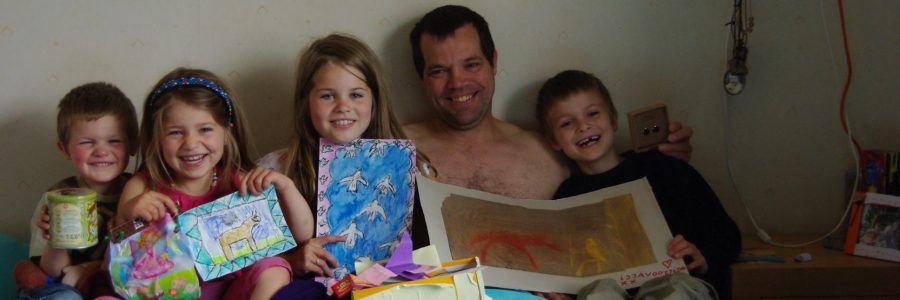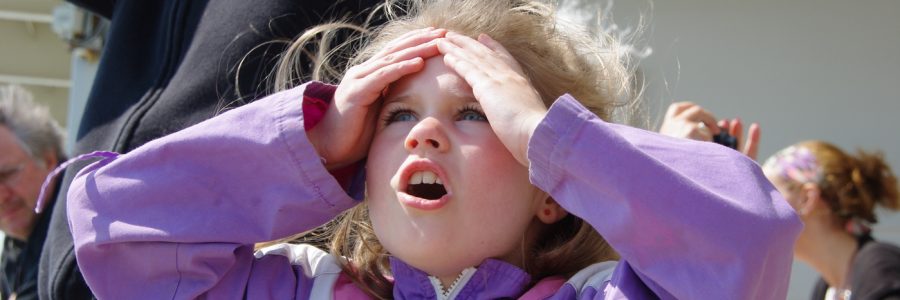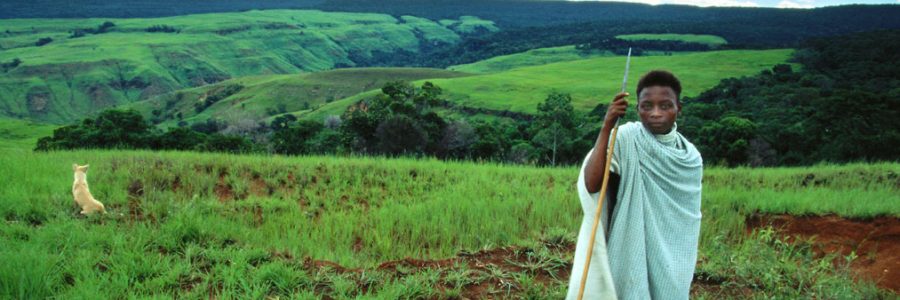Only barely returned from our trip to Nosy Mitsio, Jurgen embarked on a survey to the east of Madagascar, to the Tanala. The Tanala are amongst Madagascar’s least reached people groups. The evangelical Christians number less than 1%. Churches are only found in cities. The churches lack vision to share the gospel with their fellow tribesmen, who are in geographically difficult to reach areas.
The results of the trip are very encouraging: in all the villages, missionaries are more than welcome. Some villagers had heard of Jesus when selling their produce on the markets in towns, others told of a yearly visit of an evangelist. There was a great felt need of education on what the Bible teaches. The elders in one of the villages said: ‘If what you preach is truly good news, our people need to hear it.’ They would have us come yesterday rather than tomorrow. Below, you’ll can watch a video report of the trip.
Engaging the Tanala has been the longing of AIM Madagascar for some time. It seems we have come to Madagascar at the right time. The next step is to return to Sandrohy, a central village surrounded by many smaller villages, to see what we need to live there.
Before we can go, we require our own vehicle, though. There is no public transportation to Sandrohy. The roads are very bad, so we need a sturdy 4×4. The need for a car is not just practical: it involves our safety too. Drivers in Madagascar seem to be in constant haste. Big risks are taken. Only recently, 3 accidents with buses happened in Tana due to reckless driving. The results: 13 casualties. Rules are now more strictly adhered to, making it even more difficult to catch a ride as a family.
We would be most grateful for any gift towards our purchasing a car. You can find information about giving on our support page. We are very grateful for your gift!
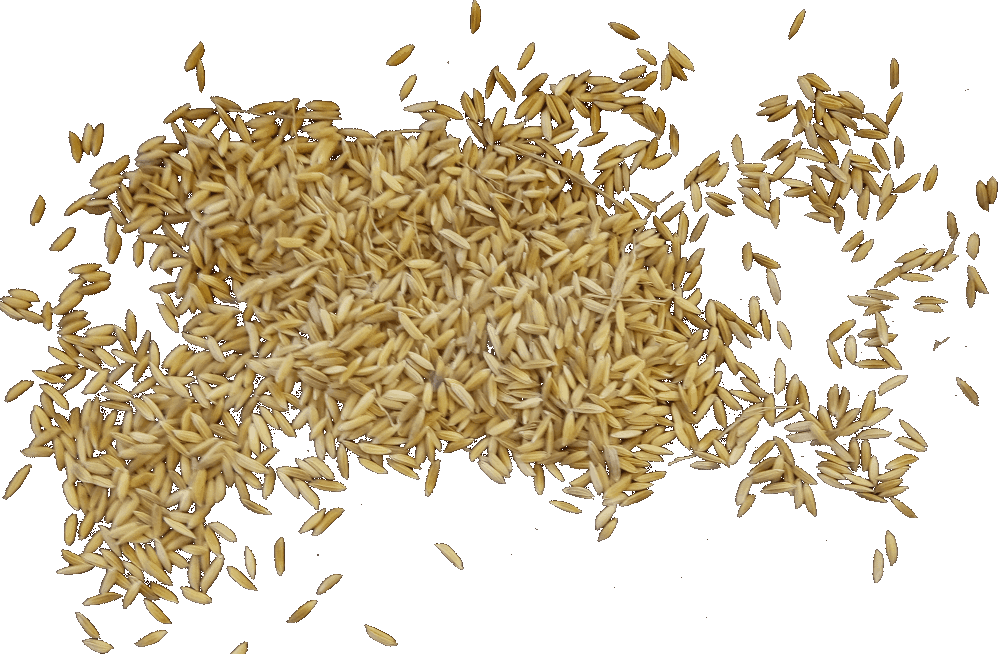

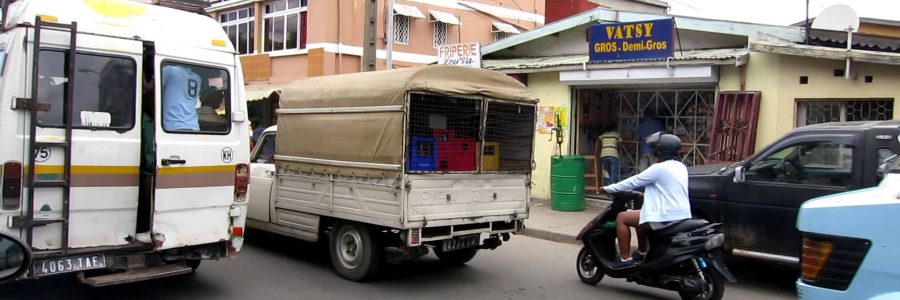
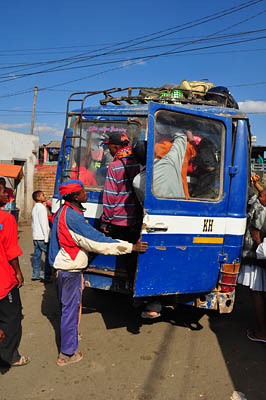 Katja ordered two Dutch books. The were shipped to Madagascar. To collect the parcel she had to travel to Analakely, Tana (17km). Because all Buses were full she had to take a taxi for the first stretch. There she took a bus for the second part. With a second bus she arrived at Analakely. Ones there she had to walk up a hill to a post-office to get a stamp and a signature. With that she walked down to another post-office. There they wanted to see her passport and she had to give two signatures and after receiving another stamp and paying 2000 Ariary she received her parcel. She was able to take a bus that drove back home in one stretch. The trip to collect her parcel took her 4 hours.
Katja ordered two Dutch books. The were shipped to Madagascar. To collect the parcel she had to travel to Analakely, Tana (17km). Because all Buses were full she had to take a taxi for the first stretch. There she took a bus for the second part. With a second bus she arrived at Analakely. Ones there she had to walk up a hill to a post-office to get a stamp and a signature. With that she walked down to another post-office. There they wanted to see her passport and she had to give two signatures and after receiving another stamp and paying 2000 Ariary she received her parcel. She was able to take a bus that drove back home in one stretch. The trip to collect her parcel took her 4 hours.
